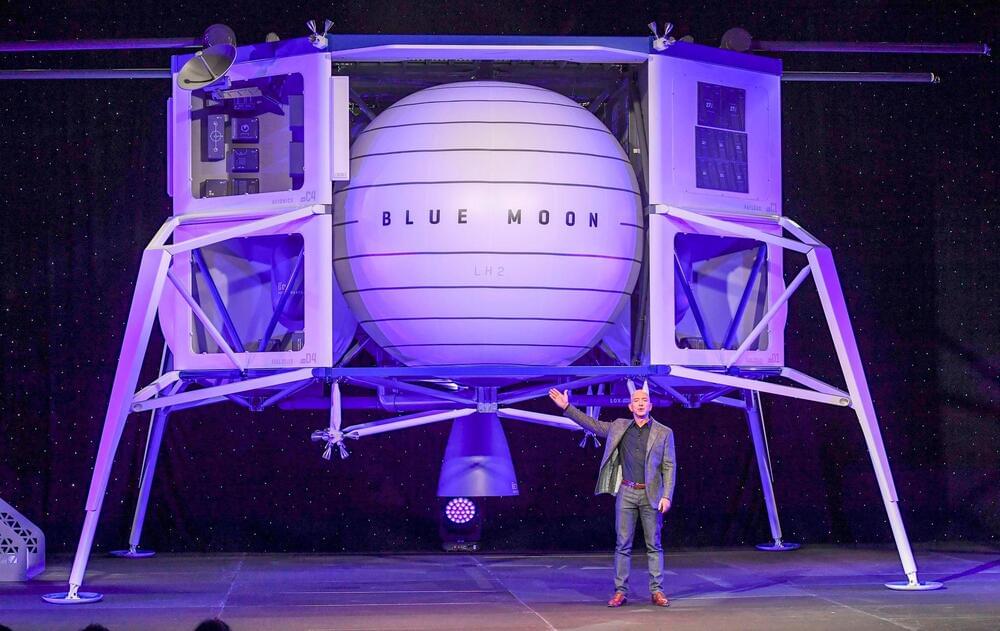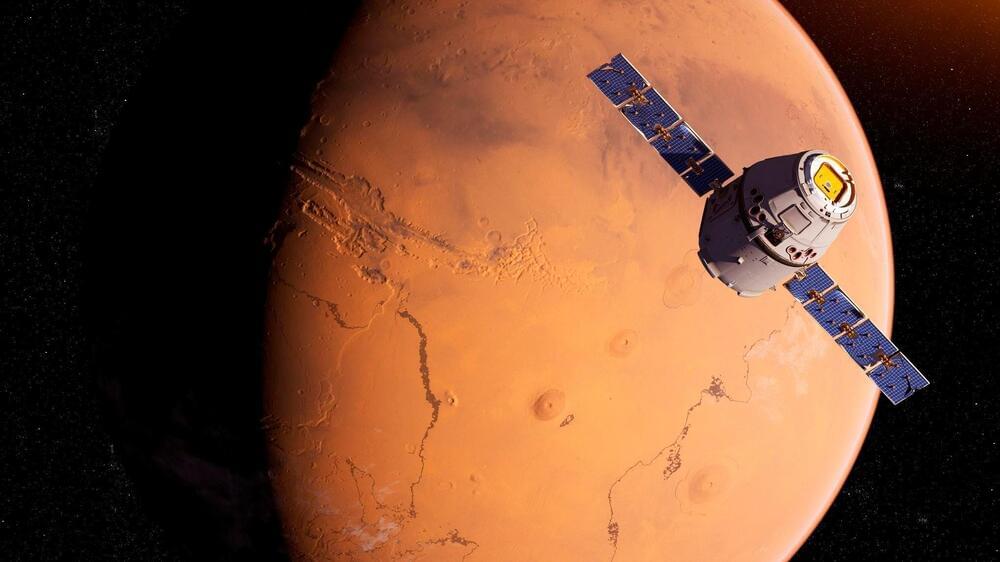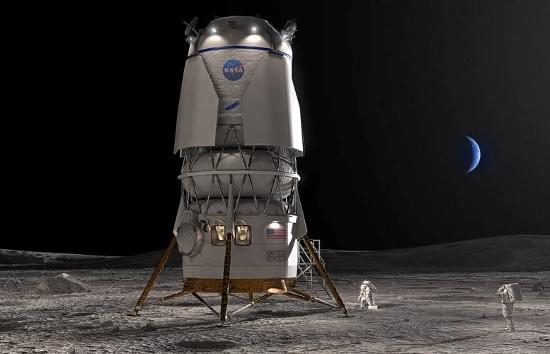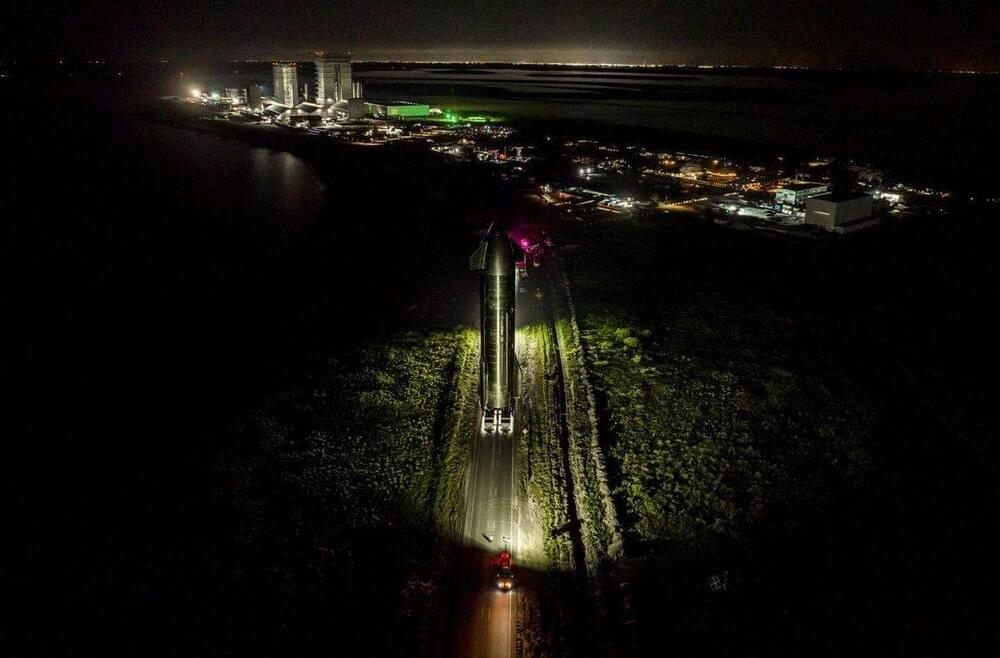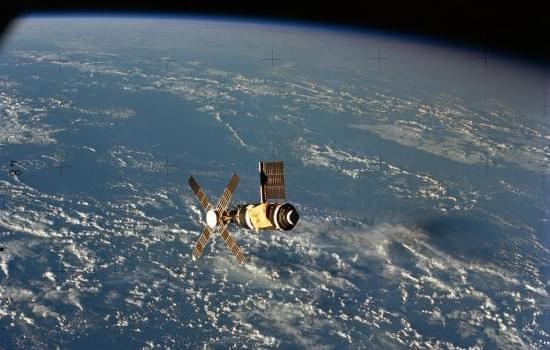NASA on Friday announced the second spacecraft it hopes will help return astronauts to the surface of the moon later this decade. Blue Origin’s Blue Moon lander joins the SpaceX Starship as the two vehicles the space agency aims to use for its Artemis program to once again put boots on lunar regolith.
Over a half-century after NASA used a massive investment of US GDP to fund the Apollo program and build the Saturn V rocket, humanity’s next chapter in space is largely in the hands of two of the richest men in the world, SpaceX founder and chief twit Elon Musk and Amazon and Blue Origin head Jeff Bezos.
The shift in the provenance of Apollo’s mission architecture versus that of Artemis is, at the very least, a symbolic representation of a key shift in American society over the last few generations. Hot off the heels of successful collective action in Europe and elsewhere during World War II, the Americans again came together to catch up to — and then surpass — the Soviet Union in the space race.
